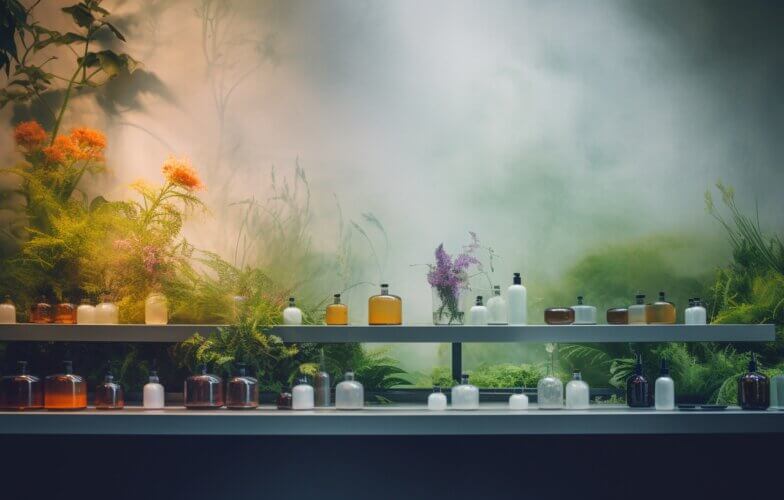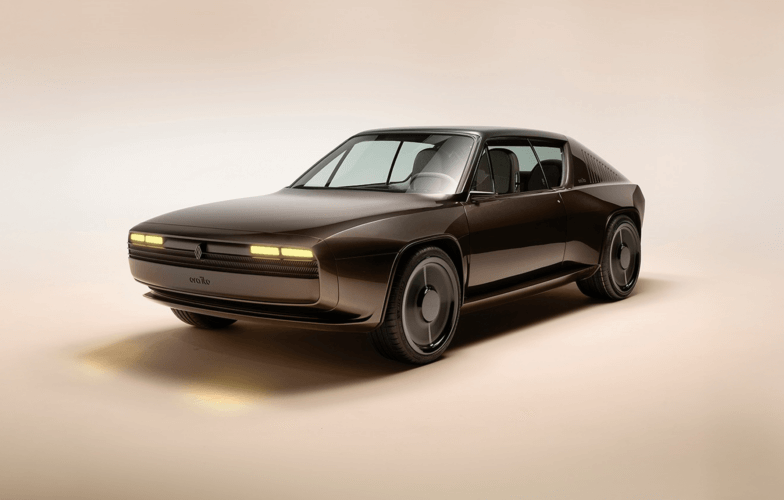
The siren call of the commonplace
DecodingsHaving succeeded in making the spectacular ordinary, the mechanisms used to attract customers are shifting from artifice to simplicity, moderation and the aesthetic of banality.
Five years ago, everybody was talking about “the normal era” and now simplicity is back with overtones of moderation and delicacy and evoking the concept of “safe space”. It’s no longer about counterculture or about expressing reappropriations of pop culture, but a well-pondered reaction to the trust crisis seeking to restore balance at all levels.
“Ordinary” suggests integrity
At a time when international geopolitics are tense and the brand-customer relationship is deteriorating, more and more consumers are challenging the extraordinary, seeing it as dubious and questionable.
Whatever is sensational has been orchestrated with elements of fakeness, over-remoteness and illusion that nobody falls for anymore.
Brands are streamlining their aesthetics and brand narratives to meet these new demands and align themselves with the current in favor of restraint and understatement. Spectacular is out, trustworthy is in! On Canadian beauty market, brand The Ordinary has differentiated itself by marketing “clinical formulations with integrity”, proclaiming that “The Ordinary is born to disallow commodity to be disguised as ingenuity.” A similar philosophy has inspired Typology in Paris, which markets a range of effective, affordable skincare products, each featuring a single ingredient.
There are also a number of examples in other strata of the consumo-sphere. In the watch business, the new French brand Routine is using the tagline “Rendre extra l’ordinaire” [“making the ordinary extra great”]. On a larger scale, Samsung has come up with another type of response, the Samsung Frame, a television that has lost its high tech appearance to look just like another picture on the wall.
In another variation, the fashion brand Loewe decided to add another facet to its image by highlighting the commonplace, i.e. slow, experimental craftsmanship.
In the courtyard of the Casa Loewe store in Milan, sturdy leather baskets – the kind used to haul rocks – are placed on long white tables, out of the sun. Located on the city’s busiest shopping street, this address is like a temple of silence, saluted by reviewers as “a place that has stayed true to itself.” This move, going counter to the mainstream, made Loewe one of this year’s most memorable brands.
Is a broader “pro-moderation” movement emerging?
At a time when, according to Bertrand Buffon, author of “Vulgarité et Modernité“, vulgarity is flaunted like a sign of emancipation from conventions, restraint and moderation betoken social recognition. Breaking with today’s compulsion to over-share, a low profile has become a new identity marker.
Instagram gets it. Reacting to criticism of the overexposure of private life in social media, the platform introduced the “close friends” option for sharing with a smaller community. Many more instances should be forthcoming, now that Gen Z has said it prefers Snapchat for these very reasons.
Underlying the desire for more privacy is the urge to regain control in a world stuck in overdrive, both aesthetically speaking and in the frenzy of events. One also notes another motivation, seeking to parlay discretion into a higher visibility. One way to do this is to create subtle spaces that impress and appeal… quietly!
Cover: Feit Store, San Francisco / Designed by Jordana Maisie Design Studio (JMDS)



